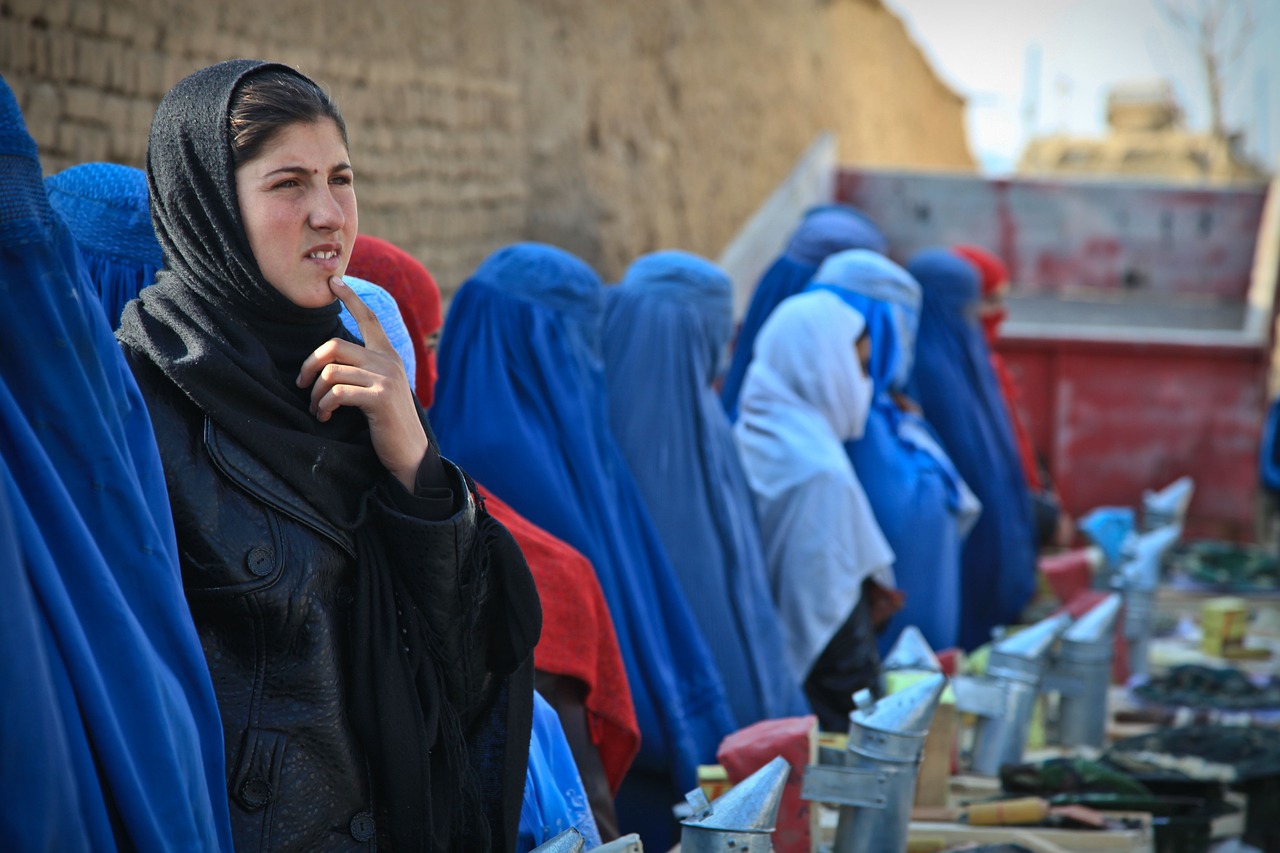World
UN Establishes Mechanism to Investigate Human Rights Violations in Afghanistan

The United Nations Human Rights Council has established an independent investigative mechanism to address the human rights situation in Afghanistan. This decision, reached by consensus during the council’s 48th session, aims to support the ongoing mandate of the special rapporteur on Afghanistan’s human rights, Richard Bennett. The mechanism is designed to facilitate the collection of evidence related to serious crimes and rights violations, marking a significant step towards accountability for international crimes.
Bennett welcomed the resolution, stating, “The establishment of this new mechanism marks a significant milestone in the pursuit of truth, justice, and accountability for the people of Afghanistan.” The initiative is co-sponsored by 50 countries, reflecting broad international concern over the deteriorating human rights situation in the country.
International Response and Support
The European Union has expressed strong support for the resolution, with Ambassador Lotte Knudsen, head of the EU delegation to the UN in Geneva, emphasizing that it addresses recent concerns raised by the UN High Commissioner for Human Rights regarding widespread violations in Afghanistan. These violations particularly affect women, minorities, human rights defenders, and journalists, who face increasing repression under the Taliban regime.
Bennett pointed out that the new investigative mechanism will complement the work of the International Criminal Court (ICC). He stated, “Accountability is an essential part of building a future for Afghanistan rooted in justice, equality, and the rule of law.” The ICC has been investigating the situation in Afghanistan since 2020, with these investigations resuming in 2022. Recently, several states referred the issue of women’s rights abuses to the ICC.
In response to the ICC’s actions, the Taliban declared its withdrawal from the jurisdiction of the court in February 2025, claiming that its accession to the Rome Statute was void. Despite this, the ICC issued two arrest warrants in July 2025 for Haibatullah Akhundzada, the Taliban’s supreme leader, and Abdul Hakim Haqqani, the chief justice, based on credible allegations of crimes against humanity related to gender persecution.
Ongoing Human Rights Crisis
The recent report from UN High Commissioner for Human Rights Volker Türk, documented as A/HRC/60/23, highlights an ongoing humanitarian crisis in Afghanistan, particularly the systematic targeting of women and girls. The report confirms that these individuals are increasingly excluded from education and employment as the authorities implement decrees that push them out of public life and discourse.
The rights of women to be free from gender discrimination are protected under the Convention on the Elimination of All Forms of Discrimination against Women, which Afghanistan ratified in 2003. This treaty obligates the Afghan government to uphold these rights, demonstrating a clear conflict between international commitments and the current reality faced by Afghan citizens.
The establishment of this independent investigative mechanism represents a crucial step in addressing the human rights violations in Afghanistan. It underscores the international community’s commitment to ensuring accountability and justice for the Afghan people as they navigate a complex and challenging landscape.
-

 Lifestyle5 months ago
Lifestyle5 months agoLibraries Challenge Rising E-Book Costs Amid Growing Demand
-

 Sports4 months ago
Sports4 months agoTyreek Hill Responds to Tua Tagovailoa’s Comments on Team Dynamics
-

 Sports4 months ago
Sports4 months agoLiverpool Secures Agreement to Sign Young Striker Will Wright
-

 Lifestyle4 months ago
Lifestyle4 months agoSave Your Split Tomatoes: Expert Tips for Gardeners
-

 Lifestyle4 months ago
Lifestyle4 months agoPrincess Beatrice’s Daughter Athena Joins Siblings at London Parade
-

 Science4 months ago
Science4 months agoSan Francisco Hosts Unique Contest to Identify “Performative Males”
-

 World4 months ago
World4 months agoWinter Storms Lash New South Wales with Snow, Flood Risks
-

 Science5 months ago
Science5 months agoTrump Administration Moves to Repeal Key Climate Regulation
-

 Business5 months ago
Business5 months agoSoFi Technologies Shares Slip 2% Following Insider Stock Sale
-

 Science5 months ago
Science5 months agoNew Tool Reveals Link Between Horse Coat Condition and Parasites
-

 Sports5 months ago
Sports5 months agoElon Musk Sculpture Travels From Utah to Yosemite National Park
-

 Science5 months ago
Science5 months agoNew Study Confirms Humans Transported Stonehenge Bluestones









